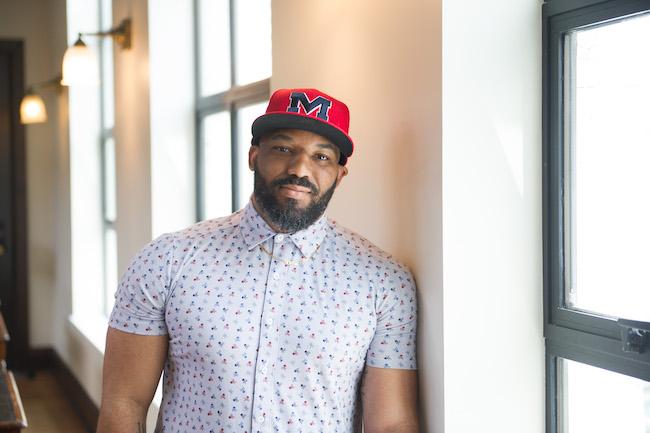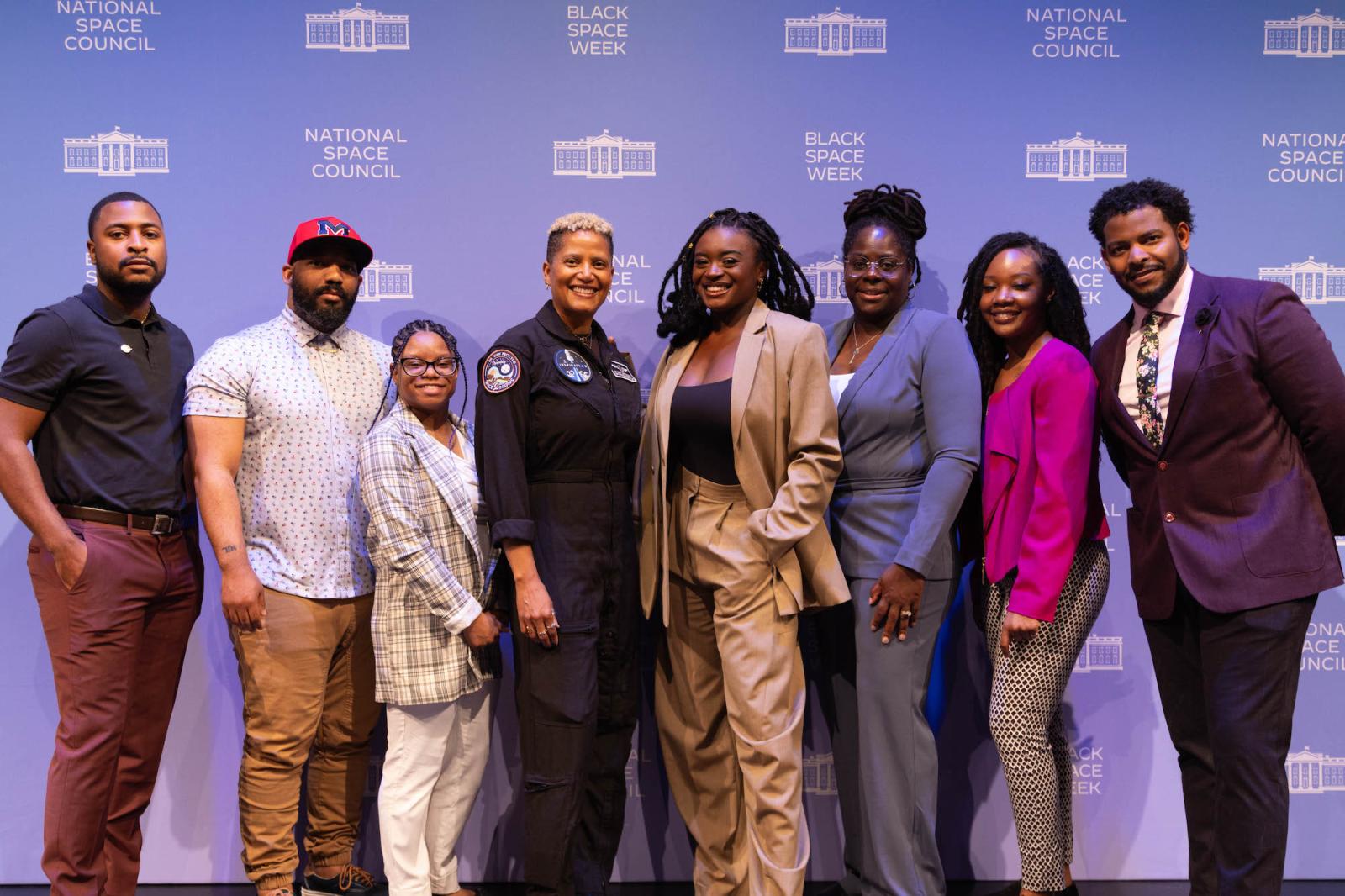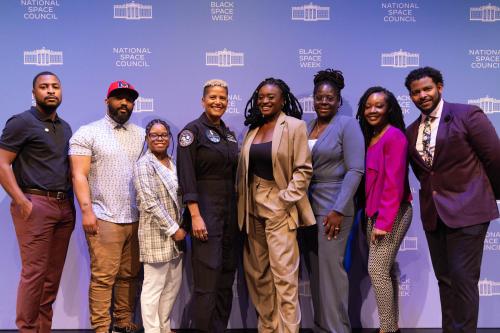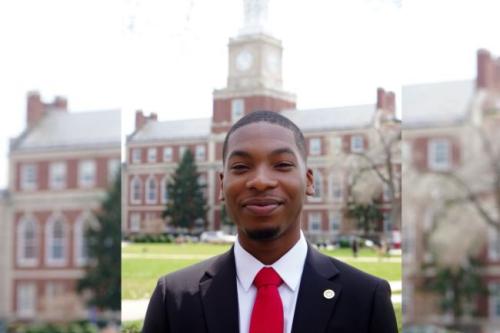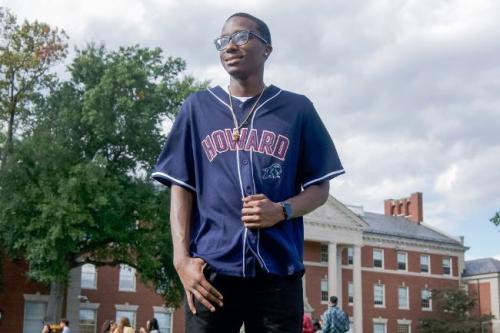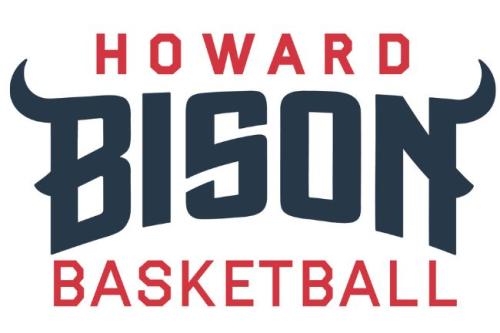“I didn’t even know space law was a thing.”
No matter where I am or who I’m around, this is a comment I hear all the time.
It’s came from law students, practicing attorneys, judges, and every other type of person in the legal community. It’s always weird to hear this from people because space law gave me my career. Without space law, I’m not sure where I would be, and I know I wouldn’t be teaching the first space law course at the Howard University School of Law.
I first found space law as an 1L student at George Washington Law here in Washington D.C. I was fortunate enough to go to one of the few schools at the time that had a space law student group and a space law class (GWU also has the Space Policy Institute which definitely helped).
...There were not enough Black space lawyers and legal professionals. This is where HUSL needs to fill a vital role for aspiring Black space lawyers.”
Even though space law has been around for over 60 years, it is still not a widely taught area of study in U.S. law schools. There are only two law schools that currently offer an LLM, or Master of Laws, degree that specialized in space law: the University of Mississippi School of Law and the University of Nebraska College of Law. With the lack of options and access to space law as a field of study for J.D. students, and legal professionals seeking an LLM, it’s no wonder that the space law community is lacking anything close to adequate representation of Black folks in the profession.
When I received my LLM in space law from the University of Mississippi, I became one of the handful of Black people in the world with that degree. Since then, I have met other Black space law professionals. However, not all of them have space law degrees or academic backgrounds. A lot of Black space law professionals have found their way into the field following interesting paths. Very few of us specifically studied and trained space law professionals.
That is unacceptable.
Black people need to be part of the growing space sector, not just in STEM-related areas. There is a growing recognition that Black people must be included in the space community. Groups like Black In Astro are making sure that Black space professionals and Black students studying space have a community.


